 It’s estimated that 86 million Americans have high blood sugar. Prediabetes is a condition in which blood sugar is high but not high enough to be Type 2 diabetes. It should be a wakeup call since without intervention, prediabetes is likely to become Type 2 diabetes. It’s important to understand long term damage associated with diabetes such as heart, blood vessel, and kidney damage may have already begun. But it’s not too late to reverse the damage!
It’s estimated that 86 million Americans have high blood sugar. Prediabetes is a condition in which blood sugar is high but not high enough to be Type 2 diabetes. It should be a wakeup call since without intervention, prediabetes is likely to become Type 2 diabetes. It’s important to understand long term damage associated with diabetes such as heart, blood vessel, and kidney damage may have already begun. But it’s not too late to reverse the damage!
The body creates the hormone insulin to help control blood sugar. For people who are prediabetic, insulin production isn’t as efficient as it should. They body might not produce enough insulin or it might not respond to insulin produced.
Often people who are prediabetic will have no outward symptoms at all. But if you have prediabetes, you need to watch for signs of diabetes, such as:
- Feeling very thirsty
- Urinating more often than usual
- Feeling very hungry
- Having blurred vision
- Losing weight without trying
Research indicates diabetes is often associated with heart attack, stroke, and kidney damage even if it hasn’t progressed to Type 2 yet. Prediabetes is also associated with conditions such as high blood pressure, low levels of good cholesterol, and high levels of triglycerides (fat).
The Progression to Type 2 Diabetes Isn’t Inevitable
Eating healthy foods, incorporating physical activity into your daily routine and maintaining a healthy weight can bring your blood sugar back down to a normal level.
Maintain a Healthy Weight
If you are overweight, your prediabetes is more likely to turn into diabetes. Losing even as little as 5% to 10% of your body weight makes a difference. Reducing fat around your waist is particularly important.
Incorporate Exercise Into Your Daily Routine
Studies show staying active helps prevent and manage diabetes. Aim for 30 minutes of moderate exercise everyday. Choose an activity you enjoy such as such as cycling, swimming, ect. Aerobic exercise, the kind that gets your heart rate up, is ideal. Walking is an easy way to get exercise.If you’re not active now, check with your doctor before starting an exercise plan.
Eat a Nutrient Rich Diet
Choose foods low in fat and calories and high in fiber. Focus on fruits, vegetables, and whole grains. Fiber-rich foods help you feel full and avoid overeating. Limit calories, serving sizes, sugar, and starchy carbs. Strive for a variety of healthy foods to help you achieve your goals without compromising taste or nutrition.
If you are prediabetic, diabetic, or just have questions about diabetes, give us a call at 662-282-4226. We’ll happily answer any questions you have and direct you to toward resources to help you manage your diabetes.
Sources:
https://www.mayoclinic.org/diseases-conditions/prediabetes/symptoms-causes/syc-20355278
https://www.webmd.com/diabetes/what-is-prediabetes-or-borderline-diabetes
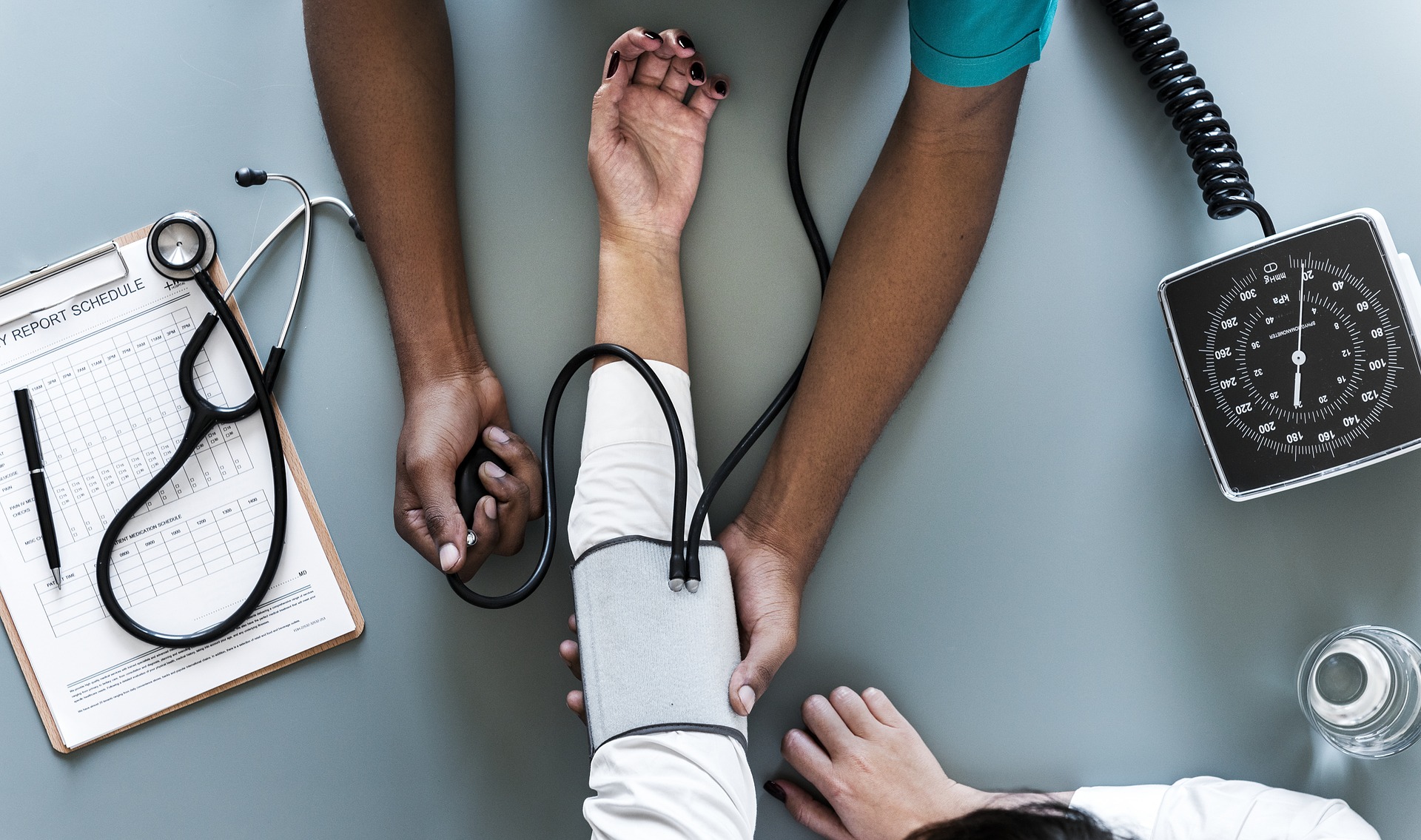 Thanks to new scientific guidelines issued by the American Heart Association, the American College of Cardiology and nine other heart health groups, nearly half of all American adults have high blood pressure. The new guidelines were announced November 13.
Thanks to new scientific guidelines issued by the American Heart Association, the American College of Cardiology and nine other heart health groups, nearly half of all American adults have high blood pressure. The new guidelines were announced November 13.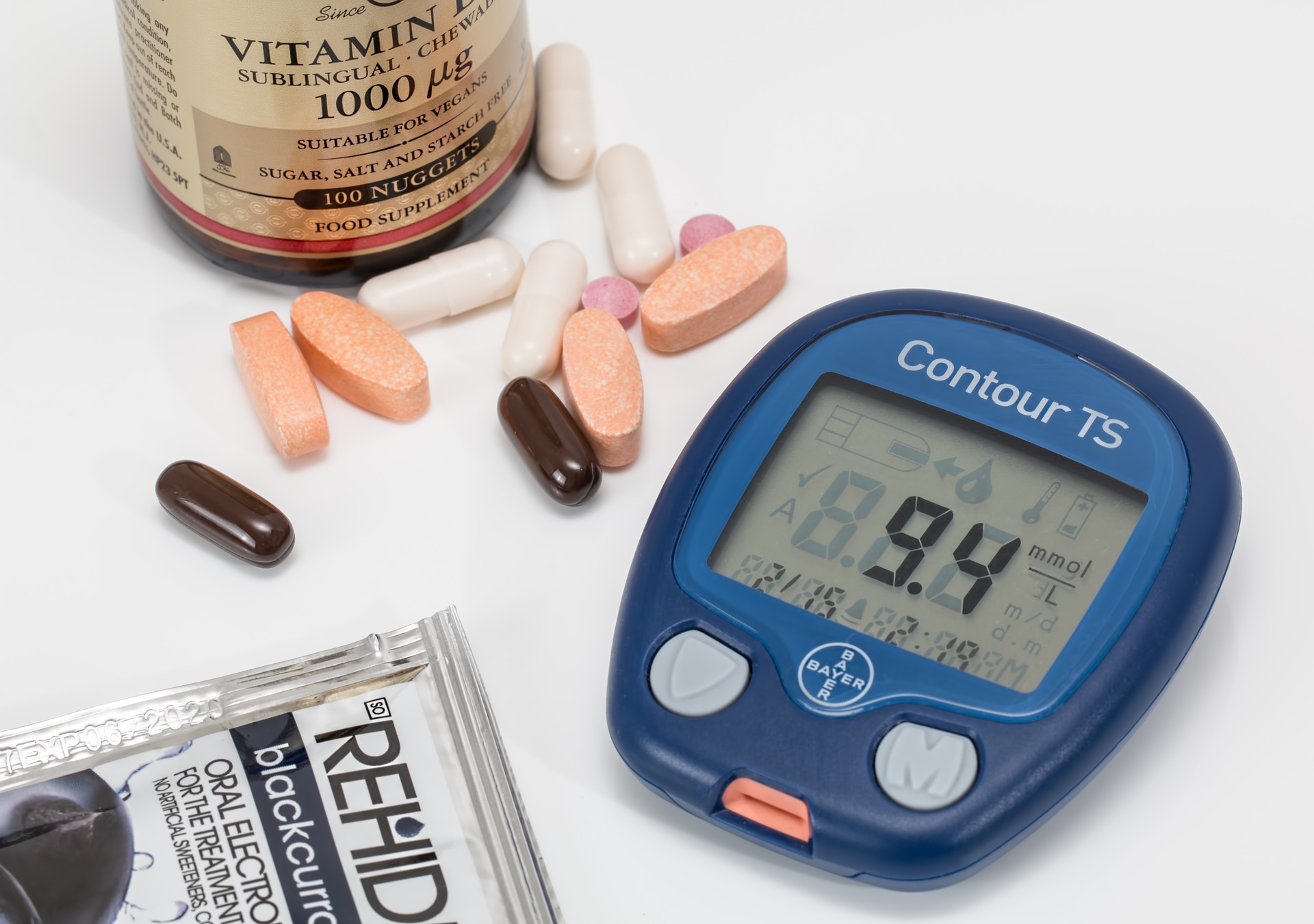 If you have diabetes (Type 1 or Type 2,) now is the best time to talk to your health care provider about preventing and treating the flu. The flu can make chronic health problems like diabetes worse because diabetes can make the immune system less capable of fighting illness.
If you have diabetes (Type 1 or Type 2,) now is the best time to talk to your health care provider about preventing and treating the flu. The flu can make chronic health problems like diabetes worse because diabetes can make the immune system less capable of fighting illness.  When we hear the words “colon cancer,” most of us think about people in their late 50’s and 60’s. Well, new cases of
When we hear the words “colon cancer,” most of us think about people in their late 50’s and 60’s. Well, new cases of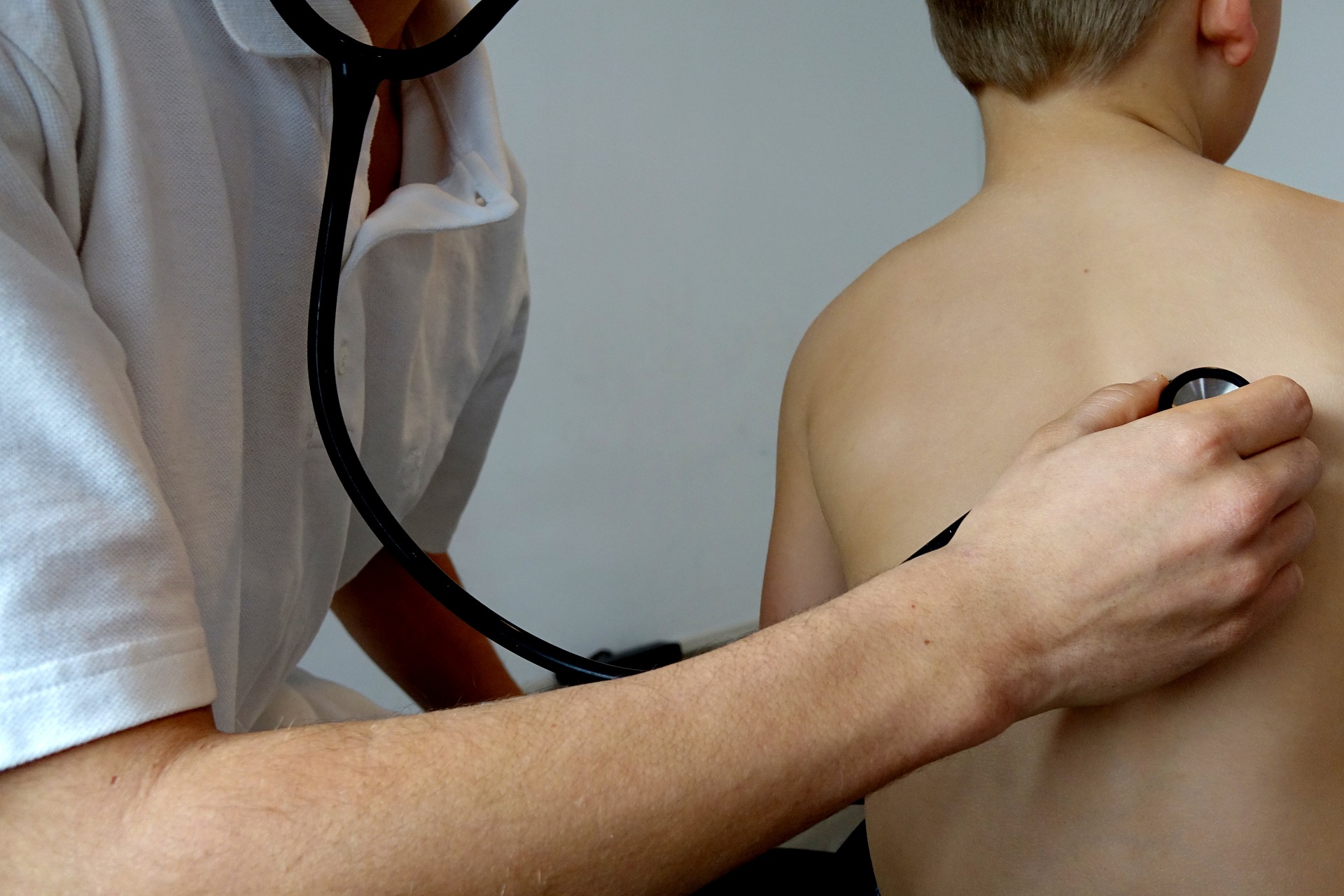 Pneumonia is an infection that inflames the air sacs in one or both lungs. Often the inflammation causes the air sacs to fill with fluid making breathing difficult. Viruses, bacteria, or fungi can all cause pneumonia. Symptoms often include:
Pneumonia is an infection that inflames the air sacs in one or both lungs. Often the inflammation causes the air sacs to fill with fluid making breathing difficult. Viruses, bacteria, or fungi can all cause pneumonia. Symptoms often include: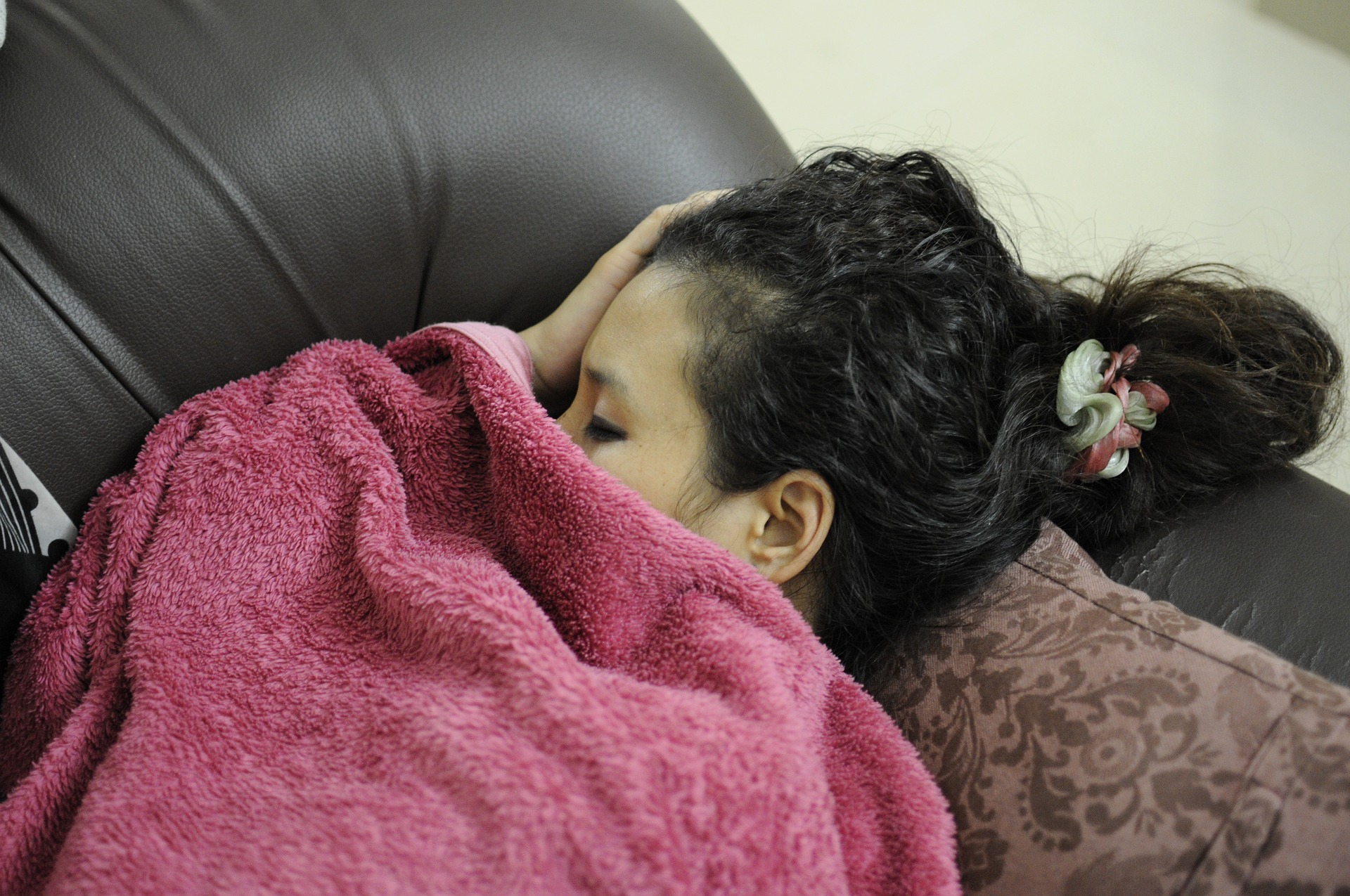 Pneumonia is an infection that inflames air sacs in one or both lungs, which may fill with fluid.
Pneumonia is an infection that inflames air sacs in one or both lungs, which may fill with fluid.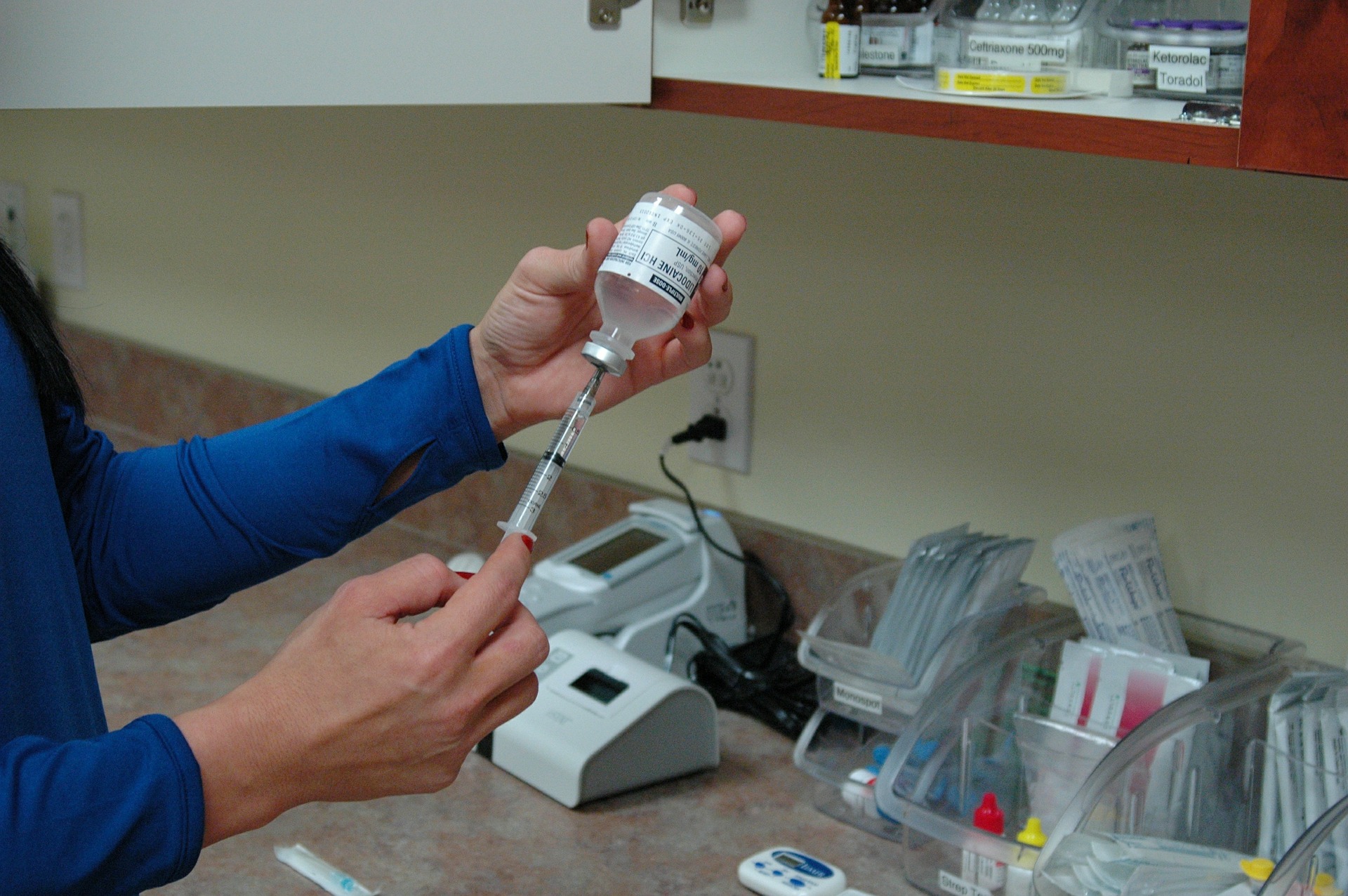 When we think vaccinations, the first thing that comes to most people’s minds is either chubby little babies or kindergarteners excited for school. Little do most people know that adults need vaccinations too.
When we think vaccinations, the first thing that comes to most people’s minds is either chubby little babies or kindergarteners excited for school. Little do most people know that adults need vaccinations too. Infectious Mononucleosis (Mono) is often called the kissing disease because it’s spread by contact with viral-infected saliva. You can get it from kissing, but it’s also spread through coughing, sneezing, or the sharing of items such as drinking glasses, eating utensils, straws, toothbrushes, or lip gloss. Mono is contagious, but it’s not as contagious as other viruses such as the common cold.
Infectious Mononucleosis (Mono) is often called the kissing disease because it’s spread by contact with viral-infected saliva. You can get it from kissing, but it’s also spread through coughing, sneezing, or the sharing of items such as drinking glasses, eating utensils, straws, toothbrushes, or lip gloss. Mono is contagious, but it’s not as contagious as other viruses such as the common cold.

